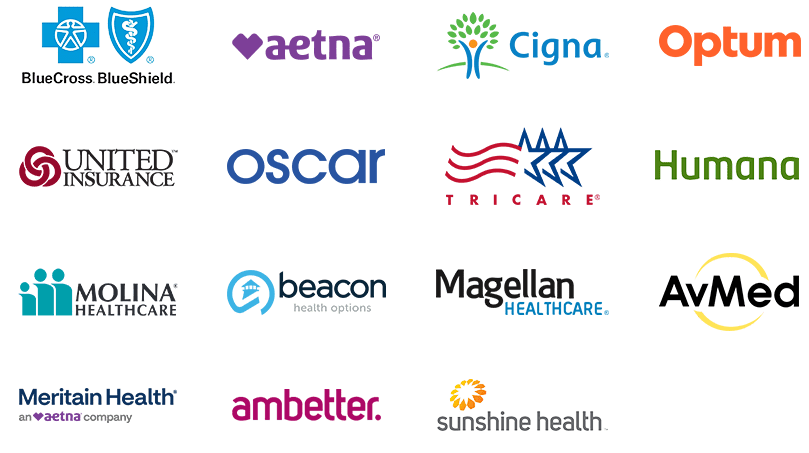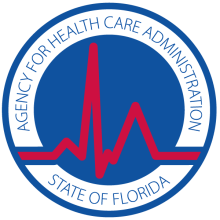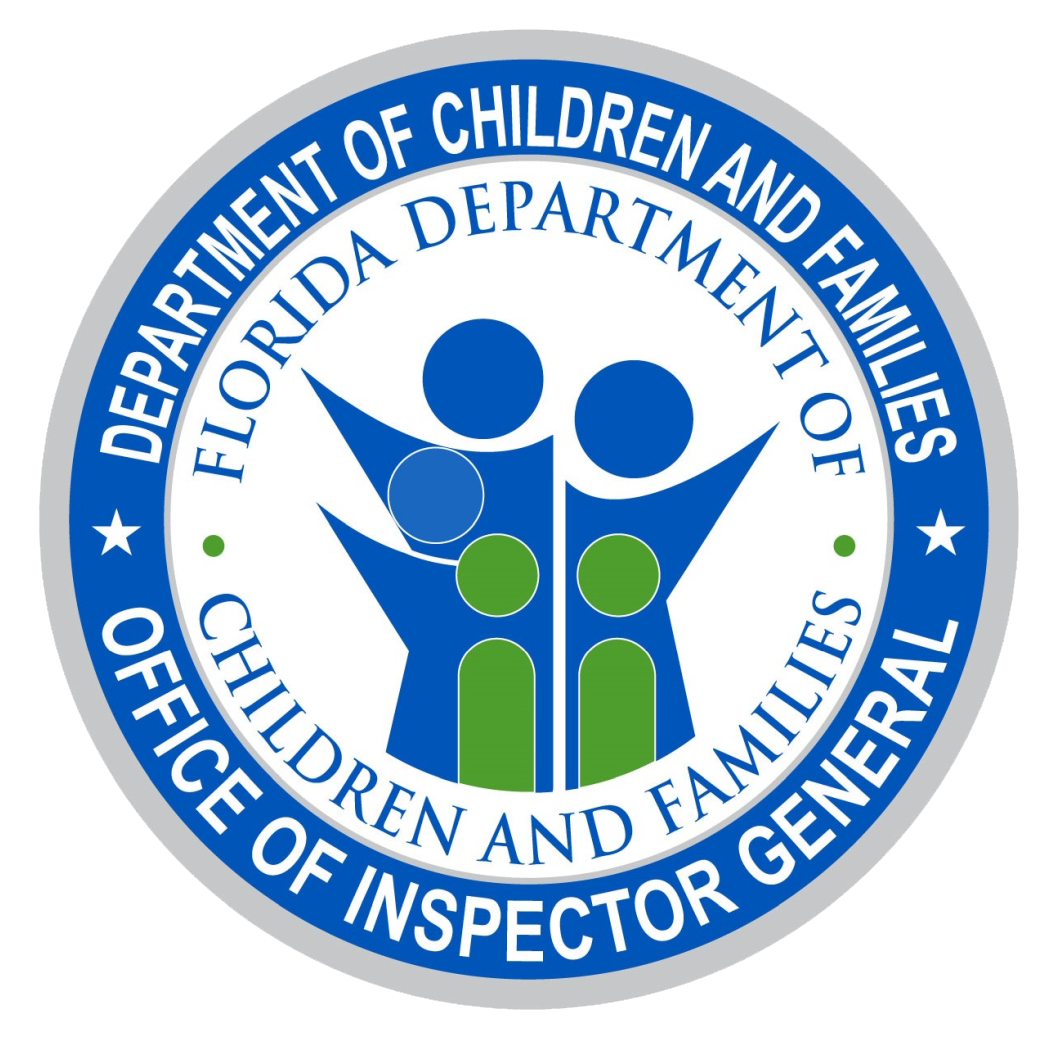Cognitive-Behavioral Therapy for Addiction in Florida
Cognitive-behavioral therapy (CBT) is a widely recognized approach for addressing addiction, as it focuses on the underlying thoughts and behaviors that contribute to substance abuse. In the state of Florida, where drug and alcohol addiction rates are higher than the national average, CBT has emerged as a leading treatment option.
CBT has helped countless individuals in Florida overcome their addictions and achieve long-term recovery. Learn about our South Florida addiction treatment programs to start your journey towards recovery.


Addiction Therapy in Florida
There are a variety of options for addiction therapy in Florida. One option is to seek treatment at our addiction treatment center in South Florida, where individuals can receive intensive therapy and support in a structured environment. We offer specialized programs for specific types of addictions, such as alcohol or opioid addiction.
Some popular types of addiction therapy in Florida include cognitive behavioral therapy (CBT), dialectical behavior therapy (DBT), and motivational interviewing. These therapies focus on addressing underlying issues and behaviors that contribute to addiction, as well as teaching coping skills and promoting relapse prevention.
If you or a loved one is struggling with addiction, rehab programs like partial hospitalization (PHP) can help. This residential rehab program will give you the tools needed to develop healthy coping skills and avoid relapse.
Request a Confidential
Callback 24/7
OVERCOME SYMPTOMS
DETOXIFICATION
Many individuals have wondered how patients handle early recovery since it requires them to abruptly stop consuming alcohol or drugs. Don’t they experience withdrawal? Actually, the vast majority of individuals don’t experience withdrawal during treatment because they overcome those symptoms during detoxification.
In short, detoxification often comes as the first phase of a patient’s treatment plan and consists of an initial period during which to concentrate on overcoming the physical aspects of drug addiction. Usually, under the supervision of physicians, nurses, and detox techs, individuals in detox treatment receive the support and care needed to mitigate withdrawal as much as possible, minimizing the discomfort that’s often associated with abruptly ceasing substance abuse.
What is CBT for Addiction?
In CBT for addiction, individuals work with a therapist to identify their triggers, cravings, and underlying beliefs about drug or alcohol use. They learn coping skills to deal with these triggers and develop healthier ways of managing stress and emotions. The goal is to help individuals become more self-aware, develop new ways of thinking and behaving, and ultimately break the cycle of addiction.
Research has shown that CBT for addiction can be an effective treatment option as it addresses both the psychological factors that contribute to substance abuse as well as the physical aspects of addiction. It can be used as a standalone treatment or alongside other forms of therapy for addiction.
How Does CBT for Addiction Work?
The first step in CBT for addiction is to identify the triggers and situations that lead to substance abuse. This could include stress, negative emotions, social pressure, or certain environments. Once these triggers are identified, the therapist helps the individual develop strategies to cope with them more healthily.
The next step is to address the distorted thought patterns that contribute to addictive behaviors. This can involve challenging beliefs such as “I need drugs/alcohol to feel good” or “I can’t have fun without using.” The therapist will help the individual reframe these thoughts with more realistic and positive ones.
In addition to addressing thoughts and behaviors, CBT for addiction also focuses on developing new coping skills and techniques. These may include relaxation techniques, problem-solving skills, and assertiveness training. These tools can help individuals manage cravings and resist temptation when faced with triggers.
Another important aspect of CBT for addiction is learning how to identify and change negative core beliefs about oneself. For example, someone struggling with addiction may believe they are weak or unworthy of recovery. The therapist will work with the individual to challenge these beliefs and develop more positive self-perceptions.
CBT for addiction works by helping individuals understand their thoughts and behaviors related to substance abuse and develop practical skills for managing them effectively. By addressing these underlying issues, individuals can break free from their addictive behaviors and maintain long-term recovery after receiving treatment.

What Does CBT Treat?
- Anxiety Disorders: CBT has been proven to be highly effective in treating various anxiety disorders such as generalized anxiety disorder, panic disorder, social anxiety disorder, obsessive-compulsive disorder (OCD), and specific phobias.
- Depression: CBT is often recommended as a first-line treatment for depression. It helps individuals identify and change negative thought patterns and behaviors that contribute to their depressive symptoms.
- Post-Traumatic Stress Disorder (PTSD): CBT is one of the most effective treatments for PTSD. It helps individuals process traumatic events and develop coping skills to manage the symptoms.
- Eating Disorders: CBT is beneficial in treating eating disorders such as bulimia nervosa, binge eating disorder, and anorexia nervosa.
- Substance Abuse: CBT can be used to treat substance use disorders by helping individuals identify triggers for drug or alcohol use and develop healthy coping strategies.
- Sleep Disorders: CBT can help treat insomnia by addressing the underlying thoughts and behaviors that contribute to sleep disturbances.
CBT can also be beneficial for managing co-occurring disorders in our dual diagnosis program. It is a versatile form of therapy that can be tailored to meet the individual needs of each client.
What Are the Goals of CBT
Some specific goals of CBT for addiction include:
CBT helps individuals become more aware of their negative thoughts, which can trigger distressing emotions and behaviors. By identifying these thoughts, individuals can learn to challenge them and replace them with more positive and realistic ones.
CBT focuses on changing problematic behaviors that contribute to mental health issues such as avoidance, social withdrawal, or substance abuse. Through techniques like exposure therapy or behavioral experiments, individuals can gradually learn new, healthier ways of responding to triggers and situations.
CBT teaches individuals practical skills for managing stress, anxiety, depression, or other mental health concerns. These may include relaxation techniques, problem-solving skills, assertiveness training, or mindfulness practices.
Often, our beliefs about ourselves, others, and the world can be distorted and contribute to our mental health problems. In CBT for addiction, therapists work with clients to identify these beliefs and challenge them through evidence-based techniques.
CBT encourages individuals to become more aware of their thoughts, emotions, bodily sensations, and behaviors in the present moment without judgment. This greater self-awareness can help individuals understand the relationship between their thoughts and feelings and how they influence their behavior.

Benefits of CBT
- Effectiveness: CBT has been proven to be an effective form of therapy for a wide range of mental health issues, including depression, anxiety, phobias, and eating disorders. It has also been found to help manage symptoms of more severe mental health conditions like bipolar disorder and schizophrenia.
- Focus on the Present: CBT focuses on addressing current problems and finding practical solutions rather than dwelling on past experiences or childhood traumas. This can make it a more efficient and time-effective form of therapy compared to other modalities that may require longer sessions.
- Collaborative Approach: In CBT, the therapist works collaboratively with the client to set goals and develop strategies for addressing their specific challenges. This collaborative approach empowers clients to take an active role in their treatment and can lead to a greater sense of control over their mental health.
- Encourages Self-Reflection: CBT for addiction helps individuals identify and challenge negative thought patterns, beliefs, and behaviors that may be contributing to their difficulties. By increasing self-awareness and promoting self-reflection, individuals can learn to better manage their thoughts and emotions. This is a crucial component of our aftercare program.
- Customized Treatment Plans: CBT is a highly individualized form of therapy where treatment plans are tailored to each client’s unique needs and goals. This personalized approach allows for more effective treatment as it addresses the specific challenges that each individual is facing.
- Applicable Skills: One of the key components of CBT for addiction is teaching practical skills that clients can use outside of outpatient rehab sessions in their everyday lives. These skills can include relaxation techniques, problem-solving strategies, communication skills, and more.
- Long-Term Results: Studies have shown that the benefits of CBT are long-lasting even after therapy has ended. This is because individuals are equipped with practical skills they can continue to use to manage their mental health in the future.

WE’VE GOT
YOU COVERED!
Insurance coverage for treatment is within reach. We are in-network with most insurance carriers in Florida.

Addiction Therapy at Principles Recovery Center
We are committed to helping individuals break free from the cycle of addiction through intensive care and effective therapy. Contact us today to learn more about our treatment programs in South Florida.
CREDENTIAL HIGHLIGHTS



